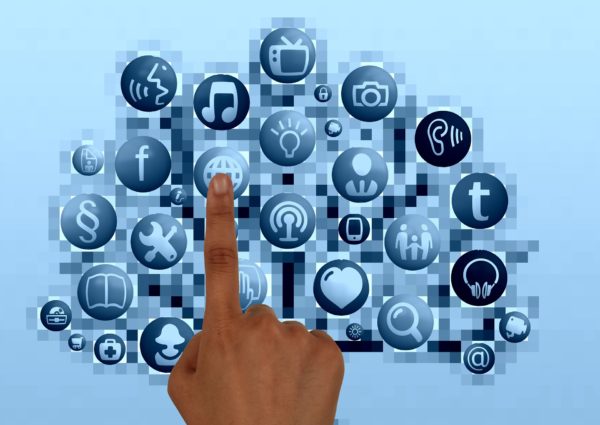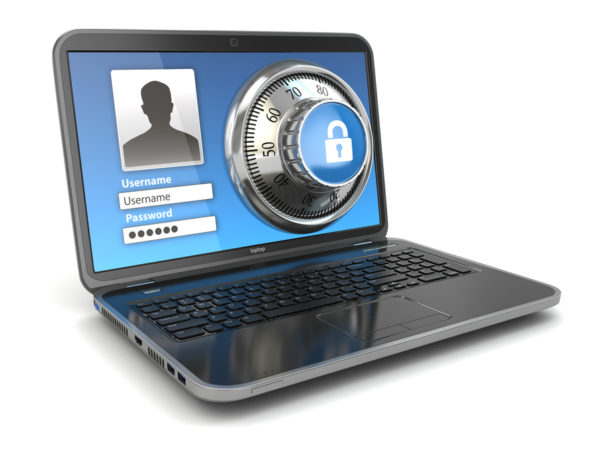A brand is often thought to be synonymous with a business’s logo — the image that makes the company recognizable to the consumer. But a brand is far more than that. It represents a relationship between the customer and the company’s product or service. While the logo might remind a consumer of the company, it simply initiates an interaction between the consumer and the brand, the same way a photo of an old friend might stir certain emotions.
Many consumers have a strong brand relationship with the Apple Corporation. Their logo, a drawing of a piece of fruit, might remind them of the company, but it may also inspire emotions such as trust or dependency. Many Apple users will use nothing but Apple products because they don’t trust other technology companies with the same absoluteness that they do Apple.
A company brand is a living relationship that exists between the consumer and the business.
It is fluid and dynamic, constantly ebbing and flowing in response to the interactions between the consumer and the business. Just like a relationship between two people, it can be affected positively or negatively dependent upon communication and engagement between the two parties.
Strong brand loyalty is key to creating this relationship and nurturing the brand. Here are a few tips for building a strong brand:
- Develop and advocate your company values. This is central to creating an identity and personality for your brand. Customers aren’t going to develop an emotional attachment to a sales pitch; creating a mission, and a purpose within your industry gives personality to your business to which consumers can relate.
- Be consistent. Your customer should know exactly what they’re going to get when they interact with your business. Your voice, values, appearance, and product or service should be the same across all platforms. Unreliability and inconsistency can cause frustration and tension in the relationship.
- Be authentic. Consumers are extremely sensitive to authenticity and transparency. They’re skeptical of advertisements, so being genuine and honest in your interaction with customers goes a long way.
- Get to know your consumer audience. Any relationship is a two-way street. Having a conversation with customers and getting to know their expectations, priorities, and values will help them feel appreciated.
While the logo plays a part in forming the brand by creating a recognizable trait of the company, it’s a tiny role compared to the active, dynamic relationship that defines the brand as a whole.
Colure Media is New yok based advertising and digital marketing agency. We can help your business to grow and expand their business brand to increase lead and revanues. If you want to discuss your business branding and advertsing needs and budget, then contact us Now.





